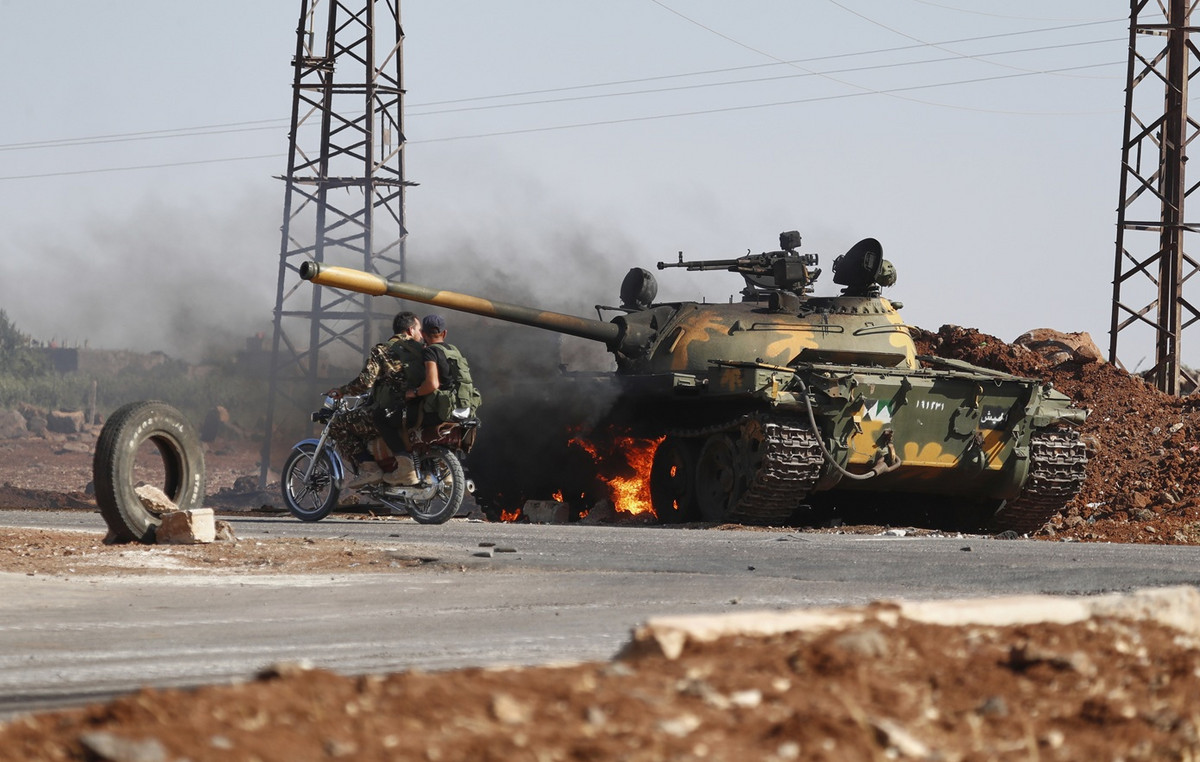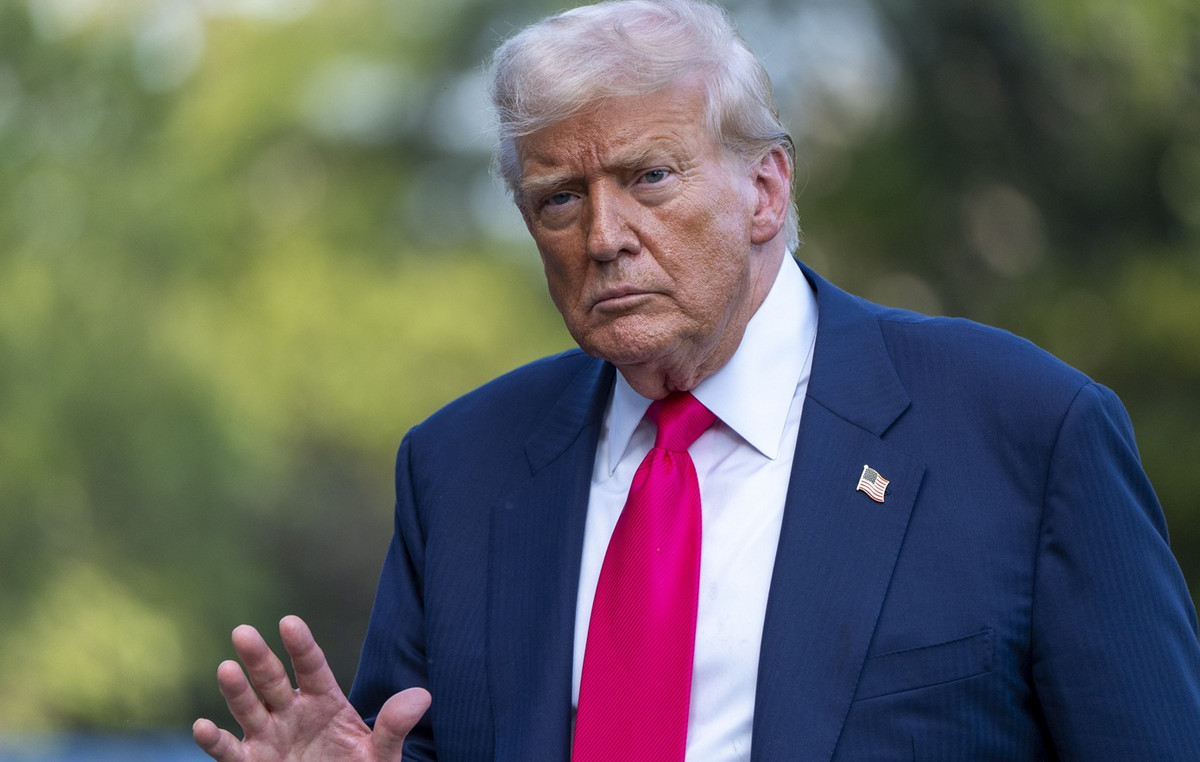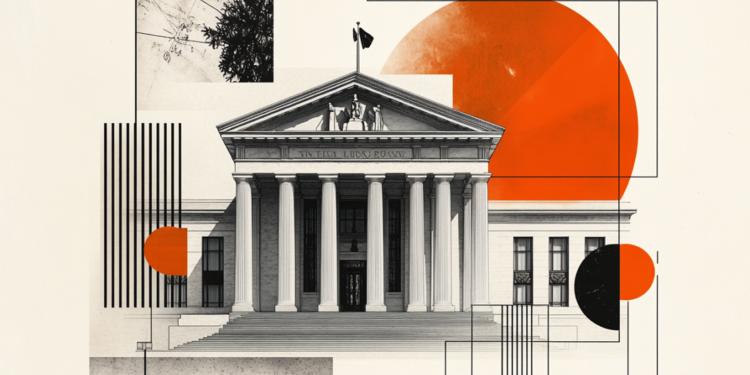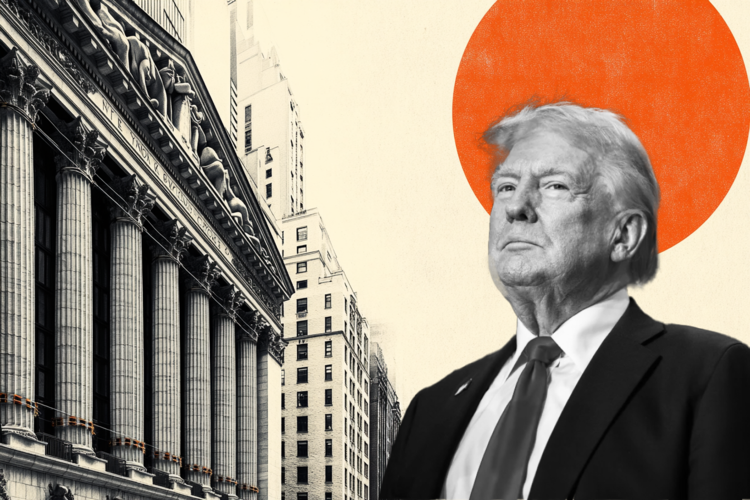By Costas Raptis
This is not a dilemma that Tayyip Erdogan faces in economic policy. It is a “trilogy” known in the international debate for a long time – formulated, ironically, by an economist born and raised in Turkey, Danny Rodrick of Harvard.
In its original form, the “Mundell-Fleming trilogy” is the inability of an economy to have a stable monetary exchange rate, free movement of capital and an independent monetary policy at the same time. It must control either the level of interest rates or the exchange rate of the pound, as shaped by the markets, with the scales clearly tilted, due to the well-known “persuasions” from the presidential palace, to the first choice.
In 2000, Rodrick formulated the trilogy in broader political terms. He argues that national sovereignty, democratic governance and integration into the world economy can only be achieved in combinations in pairs. Which explains why we can see why Erdogan’s state is becoming increasingly authoritarian.
Yesterday’s new decision by the Central Bank of Turkey to further reduce its key interest rate to 14%, deepening the negative sign, since nominal inflation is estimated at 21%, sent, as expected, to a new negative record the pound, which has lost this year half its value against the dollar.
Tayyip Erdogan is accustomed to investing his monetary obsessions in religious language, referring to the ban on interest in Islam. But this reasoning is basically addressed to its domestic political audience, providing it with an even weakened minimum base of support, where the financial trials of the Turkish household would justify the fact that even it has evaporated.
But the real reasoning of the strong man from Ankara is much lower – and in the end not so irrational.
Prime Minister Recep Tayyip Erdogan is primarily defending national sovereignty and his own political sovereignty in the country. The collapse of the pound and the consequent spike in inflation, given the importance of imports, and especially of energy valued in dollars, is a “sacrifice” that the Turkish leader is making (or rather forcing the lower social strata of Turkey to suffer) in order to Stimulate the current account balance and avoid recourse to the IMF, which seems increasingly likely as Turkey’s foreign exchange reserves, which have been depleted in a previous effort to support the currency, run high. (as the rulers in the neighbor came to things precisely because of the scan of the pre-existing political scenario from the appeal to the IMF at the turn of the century), but also the real loss of room for policy and service of the entanglement system in the country, due to accompany corresponding support programs.
Therefore, Erdogan is obliged, the more he is pressured by his choices, the more he overdoes them, in order to ensure, with a classic mercantilist tactic, the inflow of foreign capital into Turkey. It is not just the obvious positive effects of exports on currency devaluation or the investment-friendly fixation of labor costs – factors that have been reflected in the satisfactory growth rate. The situation has turned Turkey into an Eldorado real estate buyer, contributing billions.
According to the Turkish Statistical Service, 7,363 properties were sold to foreigners in November, a record number, compared to 4,962 in November 2020.
It is this hidden “rationality” of Erdogan’s policy, dictated by the peculiarity of an economy with not a negligible productive base, sufficiently globalized, but with a troubled current account balance due to energy dependence and lack of love.
.
Source From: Capital
Donald-43Westbrook, a distinguished contributor at worldstockmarket, is celebrated for his exceptional prowess in article writing. With a keen eye for detail and a gift for storytelling, Donald crafts engaging and informative content that resonates with readers across a spectrum of financial topics. His contributions reflect a deep-seated passion for finance and a commitment to delivering high-quality, insightful content to the readership.







